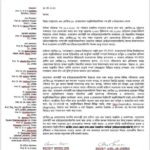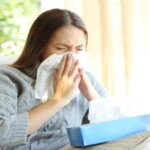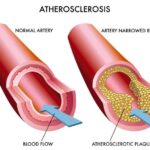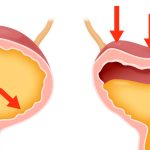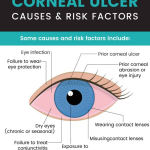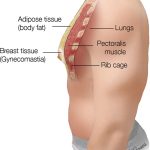Allergies to various substances and inflammation of the lungs cause airway obstruction. As a result, it is difficult to breathe normally. Asthma attacks slow down the breathing rate and make breathing difficult. A few main triggers have been identified for asthma—including dust, pollen, insects, exercise or physical exertion, certain medications—aspirin, strong emotions (may be due to sadness, fear, or joy), smoking, pets, cold, and Viruses and animal dander etc.

Asthma symptoms
- Long-term shortness of breath.
- Increased shortness of breath during seasonal changes, especially in winter.
- A feeling of pressure in the chest and suffocation.
- A dry cough.
- Wheezing in the chest during breathing.
- If the dust goes with the breath, the breathing problem increases.
How do you know if you have asthma?
Apart from the examination, one has to know the symptoms and family history to determine if someone has asthma. But it can be confirmed through some tests. For example, spirometry or peak flowmetry tests, blood and coffee eosinophils, and serum IgE levels, and skin prick tests for allergens or triggers.
Treatments for Asthma
Inhalers are the most modern method of treating asthma. Among the few types of inhalers available in our country, MDI or Metered Dose Inhaler is widely used. Here, the drug can be administered to the lungs in the form of a liquid aerosol. Good results are obtained with the use of very low doses of drugs. There are no side effects.
Nebulizers are also very useful in the treatment of asthma. This method is applied if the level is high. Also, salbutamol-like sedatives immediately dilate the airways and relieve breathing difficulties. Intravenous steroid injections are often given to prevent asthma attacks.
Remember, shortness of breath does not mean asthma. Heart disease, anemia, etc. can also cause shortness of breath. It is not contagious. This disease can be kept under control if the patient takes care of himself.





